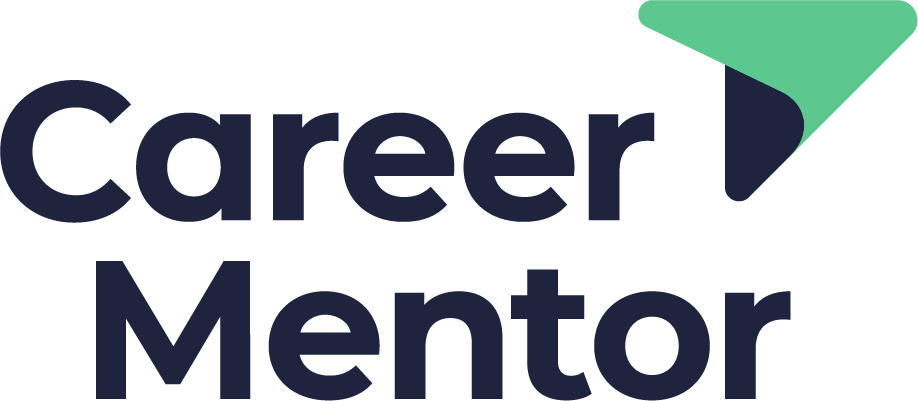Explaining a career change in a job interview
Making a change in your career path is not always straightforward. It’s likely that interviewers are going to try to allay their concerns in a job interview. Let’s have a look at this from their point of view and then come up with some guidelines that will serve you well.
The first thing to acknowledge is that if you’re now in an interview for a new position, perhaps in a different firm and even industry, the hiring managers must have seen something in your application and CV that they really liked - at least enough to invite you to the interview. This is a big step forward - so far, so good.
It’s likely that the interview team will have some concerns about why you’re making this career change and thus need to have a level of confidence that you’re doing it for all the right reasons. Here are some points that they may have in mind:
Have you really thought this through and done sufficient research to have a pretty good idea about what you’re getting yourself into?
What was the reason for you wanting to leave your last (or current) firm? Is there anything negative about your performance, work ethic or attitude that we need to know about?
Is there a skills gap that you’re going to have overcome upon taking on this new role or in this new part of the industry? What steps have you taken not only to understand that skills gap, but also to get the necessary skills to close that gap?
How are you going to cope culturally? For example, if you’re moving from a consultancy to being ‘in house” or moving from a small to a large organisation. Are you going to be able to adapt to the new environment?
What skills, experience and knowledge will you bring that we may lack and which will have some sort of asymmetric value? There may be something we don’t just want, but absolutely need. For example, a growing firm may be moving to the point where it needs to manage its balance sheet in a much more sophisticated way and just does not have the systems or expertise to do that.
Understanding and anticipating that these questions are likely to be in the mind of the interviewer, you can prepare answers and statements that meet any of their concerns in this regard.
There are some other things that are worth considering:
Ensure that you refer to what they’ve said about the role in the Job Specification or from what you’ve learned from previous interviewers about what they’re looking for.
Let them know of your interest in continuing to grow your experience and skills, whilst being able to add immediate and significant value. Let’s be frank: they are more interested in how their firm will benefit and are less interested in what you are going to get out of your career change.
Express your admiration for how well you perceive that their business is doing and be able to back that with the research that you’ve done, including speaking to people who are familiar with the firm.
Discuss how you ‘buy in’ to the vision and values of the firm and want to be part of that. Again, be authentic and be able to discuss the vision and values accurately. If you struggle to do this, maybe a drastic career change is not the best idea.
Never be negative about your previous firm, role or career choices. Never will also include talking about moving for better remuneration.
So, there we have it. Know that the interview team are going to want to be convinced that you want to make a significant change in your career for good and positive reasons; that you’re going to stick it out; that you’ll be able to adapt to a new environment and culture; and finally, that you’ll bring value to their firm that you can immediately apply.
With that in mind, prepare your answers to the questions that are likely to come up. Think and about and plan the statements (of reassurance) that you want to make and rehearse all of the above in a mock interview - just as you did mock exams during your education.
I hope you’ve found this useful and if you do want to have a chat about your career or job search, please get in touch to book a call.
